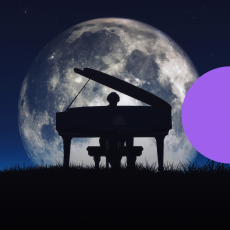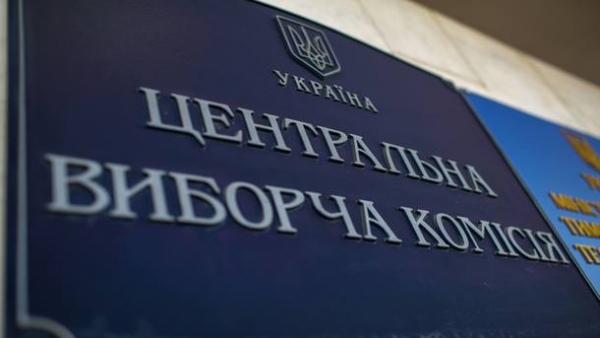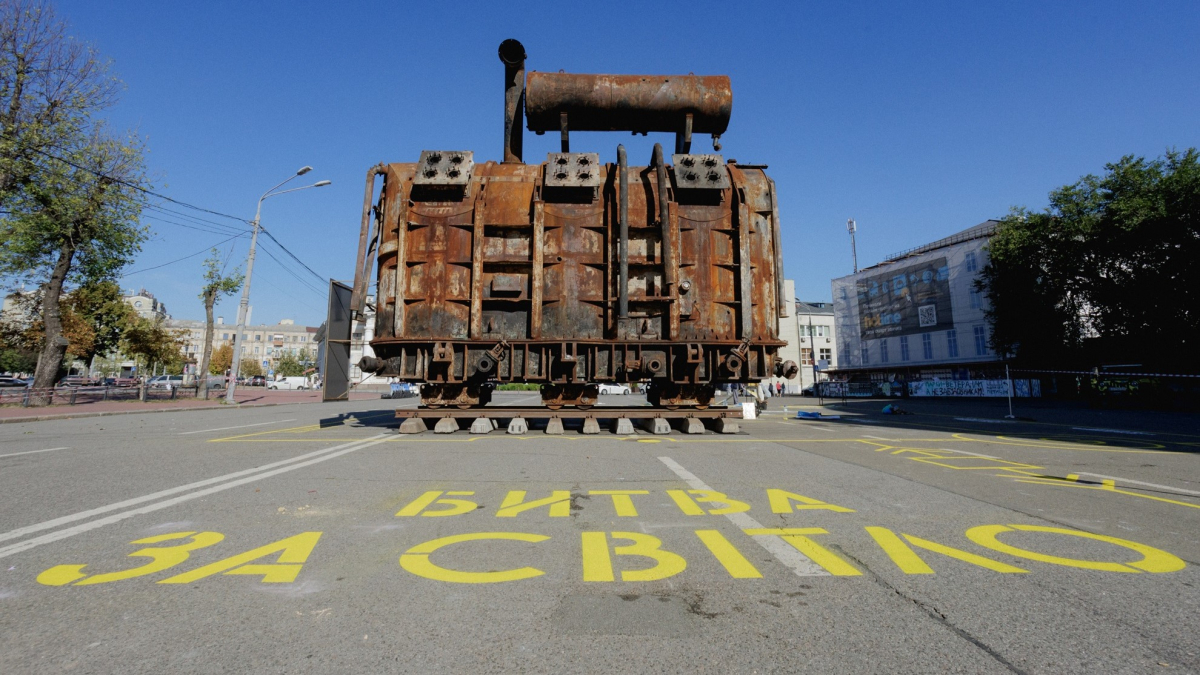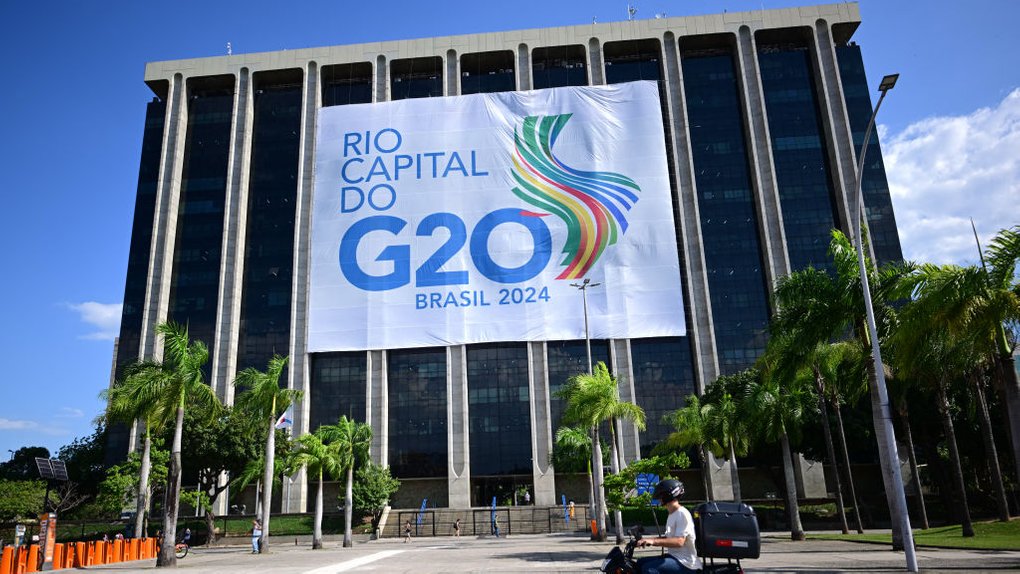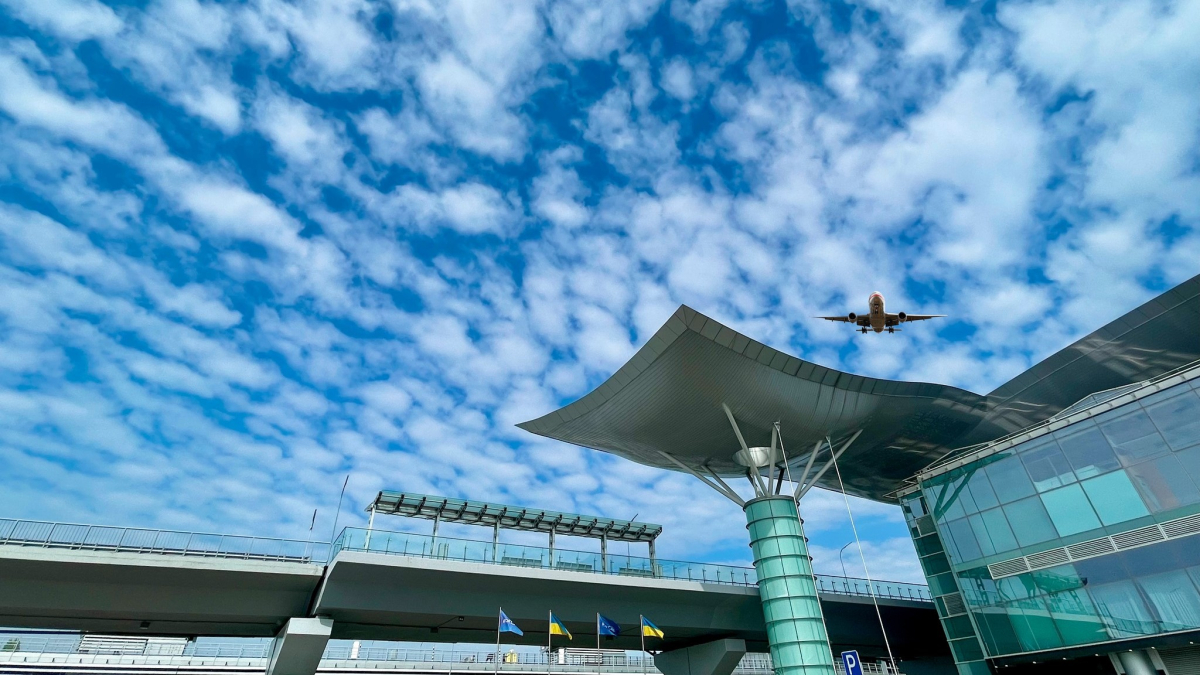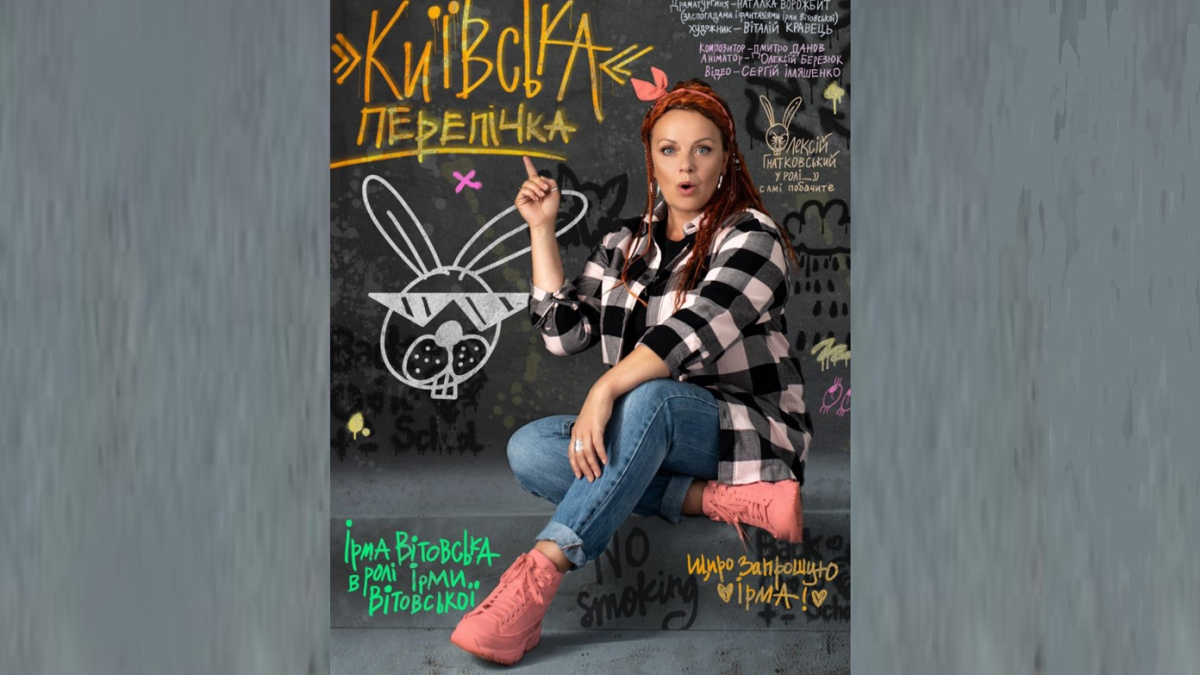The 2019 presidential election process in Ukraine is getting into full swing. About 40 persons have announced their intention to run for president. Six candidates registered by far by the Central Election Commission are the most conspicuous. For more listen here:
The presidential election process that started on December 31st is getting into full swing, with less than two weeks remaining to the deadline for the registration of candidates. About 40 persons have announced their intention to run for president. The incumbent President, Petro Poroshenko, is expected to officially apply on February 2.
Here are six most conspicuous candidates registered by far by the Central Election Commission:
Yulia Tymoshenko, 58, the leader of the Batkivshchyna (Fatherland) political party and former prime minister, ran for president in 2010 and 2014 losing to Viktor Yanukovych and Petro Poroshenko respectively.
In October, Tymoshenko outlined her peace strategy and suggested returning to the Budapest Treaty, which was signed in 1994 by Ukraine, the United States, the UK, and Russia and guaranteed Ukraine’s sovereignty in exchange for giving up its Soviet nuclear arsenal. She wants to broaden the treaty to include Germany, France, and China, in what she calls the “Budapest+” Format, which would force Russia’s military to withdraw from eastern Ukraine and eventually Crimea by increasing sanctions against Russia.
Tymoshenko has rejected the idea of a “special status” for the occupied territories of the Donbas, along with amnesty for some categories of pro-Russian separatists, which was written in the Minsk agreements. Tymoshenko has also called for forming a “war cabinet” to develop a “realistic” military doctrine, as she considers the current one, which envisions the Ukrainian army’s quick transition to NATO standards, as “utopian. Another important point of her strategy is “Russia’s legal responsibility for its aggression in Ukraine” through financial compensation. For this reason, Tymoshenko has https://www.radiosvoboda.org/a/29573487.htmlcalled for Ukraine to bring more lawsuits against the Russian Federation to international courts.
Tymoshenko has been widely criticized for signing the gas supply contract with Russia in 2009 on terms very unfavorable for Ukraine. In June 2018, Tymoshenko offered her strategic program called “New Course”, which is seen as her election platform. The program envisions amendments to the Constitution through a national referendum and fundamental changes to Ukraine’s economic, security, and social policies.
Volodymyr Zelensky, 41, a comedian and showman, was nominated by his People’s Servant political party.
Its name comes from the title of a popular satirical TV series where he played Ukraine’s president who came from the grass roots and did his best to make the people’s life better by dismantling the corrupt government machine.
Zelensky’s foreign policy is still to be determined, like many of his policies. Instead of presenting his own program, he asked his supporters to name five key challenges which he, if elected, should address first. His request has gained over one million views on his Facebook page. He basically relies on young and middle-class supporters who are active on social media.
In late December, Zelensky said in a TV interview that “for the sake of people’s lives” he was ready to “negotiate even with the devil” and “at the end of the day Ukraine would “need somehow to reach an agreement with the Russians as there is no military solution to the Donbas conflict.” Zelensky denies allegations of him running a business in Russia and pledges “allegiance” to justice and democracy.
Yuriy Boyko, 61, self-nominated, former vice-premier and member of parliament, leads the For Life opposition party. In November, he was expelled from the Opposition Bloc, but his ratings continue to grow. Boyko was a high-profile figure in the Yanukovych government where he was in charge of the energy policy. He was accused of misappropriating millions of dollars from dubious energy deals with Russian and Western companies and remains widely associated with the Yanukovych clique.
Boyko has openly stated his intention to “normalize Ukraine’s relationship with Russia through implementing a comprehensive peaceful strategy in the Donbas” and all “political” provisions of the Minsk 2 agreement, including further reintegration of the separatist-controlled parts of the Donbas. He rejects the IMF demand to raise gas prices for households, intends to cut spending on defense and increase social welfare payments. He advocates for the government to stay out of church affairs and for restoring economic relations with Russia.
Oleh Liashko, 46, MP, leader of the Radical Party, previously ran for president in the 2014 election and came in third with 8.32% of votes, after Petro Poroshenko and Yulia Tymoshenko. In his election program Liashko undertakes to bring the Donbas war to a victorious end, create a society of equal opportunities and common welfare and root out corruption. His political agenda includes total lustration, elections with open candidate lists, and decentralization of governance. His economic agenda includes revival of national production, job creation, “fair taxes on oligarchs”, and revival of rural areas through banning the sale of farmlands and transparent land registers.
Liashko pledges to reduce tariffs for utilities as well as to drastically raise pensions and welfare allowances to the poor and increase the healthcare budget tenfold. Liashko’s election program has been widely criticized as “populist” and “unfeasible”.
Anatoliy Hrytsenko, 62, a retired army colonel and former defense minister, politician, independent MP, leader of the Civic Position party, ran for president in 2010 and 2014. He pledges to stop the Donbas war, reclaim Crimea, fight corruption, dismantle Ukraine’s oligarchy, sign legislation that would enable the parliament to impeach the president, cut the number of army generals, and bring the army up to NATO standards. Hrytsenko has stressed the necessity of retaking control over the Ukraine-Russia border across which the Kremlin sends its troops, weapons, equipment, and other supplies to the Donbas separatists. That achieved, the Ukrainian government should disarm all separatists. Hrytsenko’s Donbas peace plan, which envisions a transition period of three to five years, closely resembles those of international experts. His team includes a number of internationally well-connected politicians who could help him deepen Ukraine’s relations with the West.
Andriy Sadoviy, 50, Mayor of Lviv since 2006, is the founder and leader of the political party Samopomich (Self-Reliance) represented in parliament. His election program is based on the "Christian morality and common sense" ideology. Sadoviy promotes the ideas of liberal conservatism and is known as a successful politician on a local scale: during his office, Lviv has become Ukraine’s touristic capital and investment attraction and has been recognized as the most comfortable Ukrainian city to live in. His strategy for Ukraine, as he describes it, is “improving the living standards and curbing corruption to massively boost government revenues”. That, according to him, is the only way to reclaim the territories currently occupied by Russia.
Political observers note that most of the thus far registered presidential candidates employ populist rhetoric to raise their ratings and are cautious when it comes to sensitive issues regarding war, peace, and foreign policy. That being said, Ukrainian voters care very much about ending the Donbas war and living standards and these are the key themes to watch as the campaign evolves.


